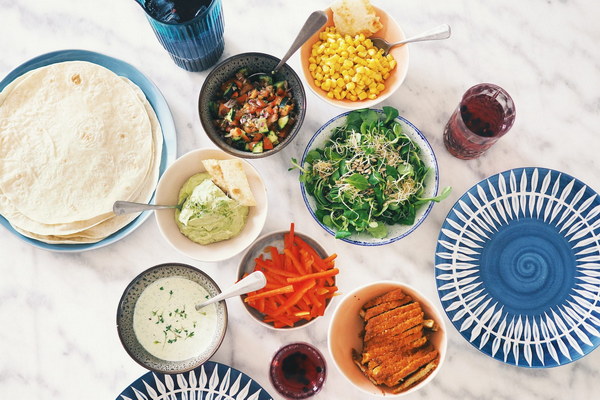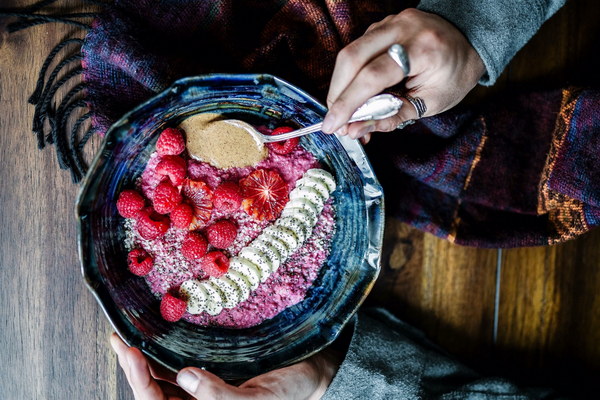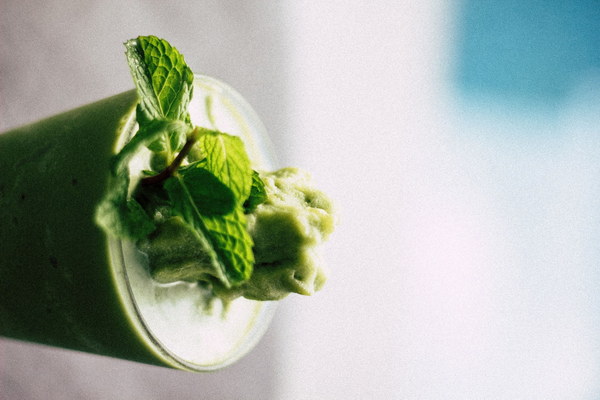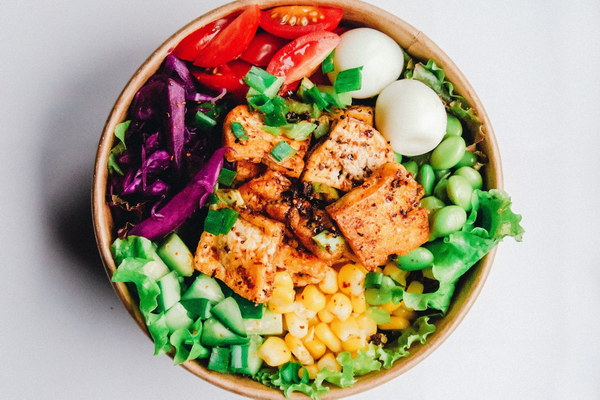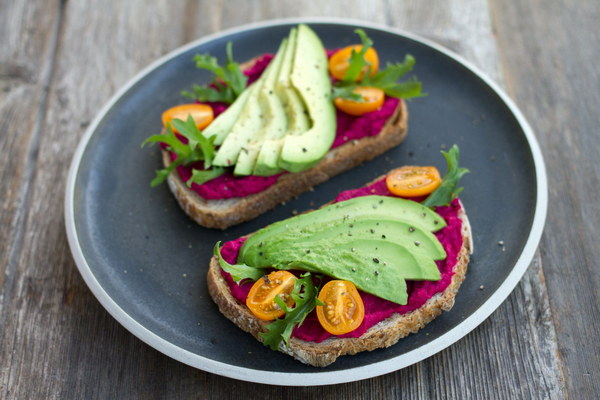Herbal Elixirs of the Zhuang Unveiling the Traditional Medicine Cuisine of Guangxi
Herbal Elixirs of the Zhuang: Unveiling the Traditional Medicine Cuisine of Guangxi
In the heart of Guangxi, China, nestled among the lush mountains and winding rivers, the Zhuang ethnic group has cultivated a unique culinary tradition that merges the art of cooking with the science of traditional medicine. Known as Zhuang Medicine Cuisine, this distinctive culinary practice is a testament to the Zhuang people's deep understanding of the natural world and their commitment to health and well-being.
The Zhuang Medicine Cuisine, or Yao Can, is a blend of local herbs, spices, and ingredients that are believed to possess medicinal properties. This culinary tradition is deeply rooted in the Zhuang belief system, which places a strong emphasis on the balance of the body, mind, and spirit. The dishes are not only delicious but also thought to prevent and cure various ailments, making them a cherished part of Zhuang culture.
Ingredients and Herbs: The Heart of Zhuang Medicine Cuisine
The cornerstone of Zhuang Medicine Cuisine lies in its use of a vast array of herbs and medicinal plants that grow in the lush Guangxi terrain. Some of the most commonly used ingredients include:
- Gancao (Licorice Root): Known for its sweet and soothing properties, gancao is used to balance flavors and is believed to enhance the body's immune system.
- Houpu (Tangerine Peel): With its aromatic and slightly bitter taste, houpu is used to aid digestion and is thought to reduce cholesterol levels.
- Danggui (Angelica Root): A well-known herb in traditional Chinese medicine, danggui is believed to stimulate blood circulation and alleviate menstrual cramps.
- Goji Berries: These vibrant red berries are rich in antioxidants and are said to boost energy and improve vision.
These ingredients are often paired with local meats, vegetables, and grains to create dishes that are both nutritious and flavorful.
Signature Dishes: A Taste of Zhuang Medicine Cuisine
One of the most famous dishes of Zhuang Medicine Cuisine is the Gancao Chicken Soup. This savory broth is made with chicken, licorice root, and a variety of other herbs, creating a soothing and aromatic elixir. It is believed to have anti-inflammatory and immune-boosting properties.
Another standout dish is the Danggui Pork Belly, which combines the richness of pork belly with the nourishing properties of danggui. The meat is slow-cooked until it is tender and infused with the earthy flavors of the herb.
For those seeking a lighter option, the Goji Berry Salad is a refreshing and healthy choice. The salad features a mix of locally grown vegetables and goji berries, tossed in a light dressing that highlights the natural flavors of the ingredients.
Culinary Techniques: The Art of Zhuang Cooking
In addition to the unique ingredients, the Zhuang Medicine Cuisine also showcases distinctive cooking techniques that help to preserve the medicinal properties of the herbs. These include:
- Steaming: Steaming is a preferred method for cooking meats and vegetables, as it retains the nutrients and flavors without the need for excessive heat.

- Boiling: Boiling is used for soups and broths, allowing the medicinal herbs to infuse the liquid and create a healing potion.
- Stir-frying: While not as common as steaming and boiling, stir-frying is occasionally used to quickly cook vegetables and meats, preserving their texture and flavor.
The Legacy of Zhuang Medicine Cuisine
As a traditional culinary practice, Zhuang Medicine Cuisine is facing the challenges of modernization and urbanization. However, there is a growing movement to preserve and promote this unique tradition, not only for its health benefits but also for its cultural significance.
Culinary schools and workshops are being established to teach younger generations the art of Zhuang cooking, ensuring that this ancient practice continues to thrive for generations to come.
In conclusion, Zhuang Medicine Cuisine is more than just a collection of recipes; it is a living testament to the Zhuang people's deep connection to nature and their unwavering commitment to health and well-being. By exploring the rich tapestry of flavors and healing properties found within these dishes, one can embark on a culinary journey that not only satisfies the palate but also nurtures the soul.

